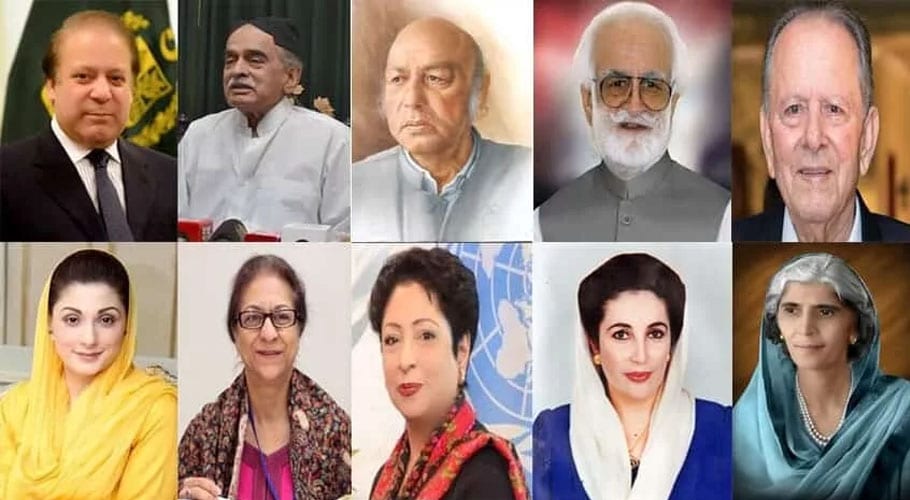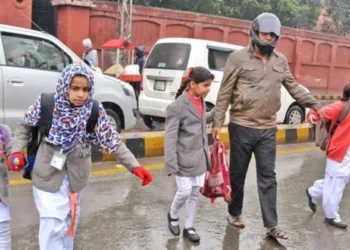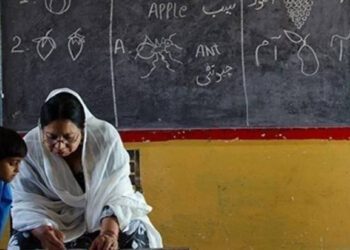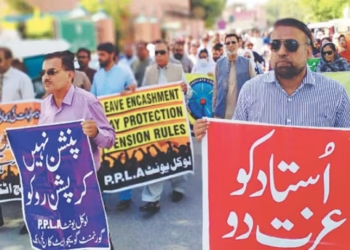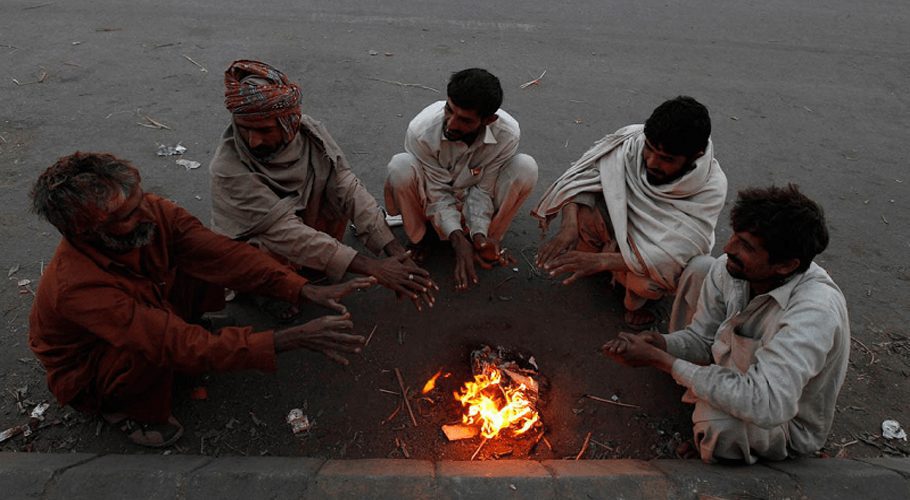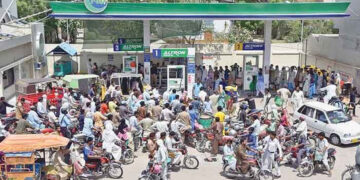![]() Follow Us on Google News
Follow Us on Google News
Nation has much higher expectations of their leaders in times of crisis. They seek a clear direction, reassurance, and above all, unity among public representatives so that they work together to responsibly and purposefully tackle the challenges.
With the country faced with several national challenges, the expectation is that politics will be cast aside and national purpose prioritized over politicking.
What the public does not wish to see is bickering and politics as usual, with attacks on political opponents that serve as distractions from efforts to deal with the crisis. Nothing drains public trust more than partisan squabbling at a time of disruption and anxiety.
Pakistan’s political system is broken: its political parties are ineffective, functioning for decades as they failed to embrace an approach that is truly national in spirit and in practice. History has shown that those who are considered traitors today have in the past rewarded others with treason.
Most of the ruling parties in the country try to keep the people away from this fact by playing such awkward tunes to cover up their failures.
Allegations of treason against politicians
Allegations of treason and sedition against political opponents in Pakistan have not stopped. Recently, Mian Muhammad Nawaz Sharif, the three-time Prime Minister of the country, Raja Farooq Haider, the Prime Minister of Azad Kashmir and three former generals of the Pakistan Army have also been charged with treason.
This is not the first time in Pakistan’s 73-year history that the process of issuing certificates of treason began after the founding of Pakistan, and the tradition continues today that those who disagree are accused of treason or sedition.
Several key leaders in Pakistan have been charged with treason, including Fatima Jinnah, GM Syed, Khan Abdul Ghaffar Khan, Hussain Shaheed Suhrawardy, Maulana Abdul Hameed Bhashani, Habib Jalib, Muttahida Altaf Hussain, Akbar Bugti, Benazir Bhutto and several others.
Treason and constitution of Pakistan
Treason is when a person acts against his/ her country or somebody might help another country fight a war against or loot his country by keeping secrets or failing to protect his country.
According to Article 6 of the Constitution of Pakistan after the 18th Amendment, a person who attempts to repeal, dissolve, suspend the Constitution or even conspires to do so is a traitor.
The word treason was first used in the Constitution of Pakistan in 1973, but it also defines a person who suspends or temporarily suspends the Constitution after the 18th Amendment.
Pakistan trapped in a vicious circle
Since 1947 Pakistan is trapped in a vicious circle, and it’s hard to get rid of this wicked circle with the current political system.
Immense tension with neighbor countries, internal political instability, high inflation rate, massive unemployment, poverty, discrimination, corruption, human rights violation, economic problem, low level of domestic and foreign direct investment, energy shortage, wrecked infrastructure, weak and self-centered political leader ruined the country.
Lessening faiths on the institutions
Now we are witnessing a massive number of lessening faiths on the institutions of almost all kinds. People don’t trust the government; they don’t believe any corporation and virtually no political leader — the reasons why people’s trust is declining in government.
The govern leaders do not fulfill their promises, they always raise different slogans spreading fake news to convince the voters for votes, but things are not still the same after elections; all the obligations remain broken. Thus, people certainly don’t believe politicians.
After 71 years of a bumpy hard and tough journey, the people of Pakistan in 2018 elected a new prime minister with much new hope, to fight against corruption and other serious challenges.
What is wrong with this government?
Do you know what is wrong with this government? That it has forgotten to reform the police, forgotten to declare an education emergency, forgotten to legislate judicial reforms and forgotten to apply the rule of law to all citizens regardless of their status.
The effectiveness and credibility of parties have a fundamental impact on the nature and success of democracy. The nation seeks a clear direction, reassurance, and unity among public representatives so that they work together to responsibly and purposefully tackle the challenges.
Pakistan can achieve greater political and societal harmony and democratic governance if the political leaders find mutually shared solutions to public issues by avoiding victimize their political opponents.







